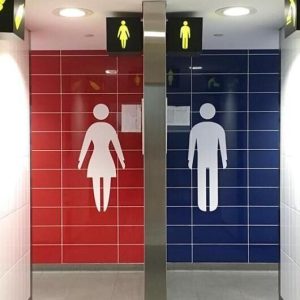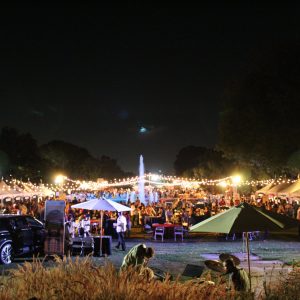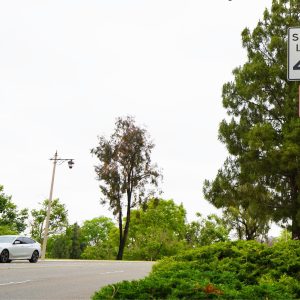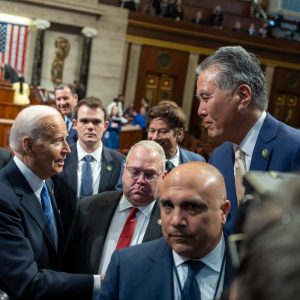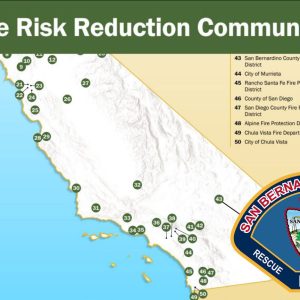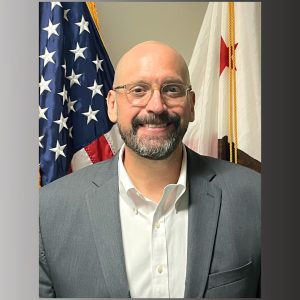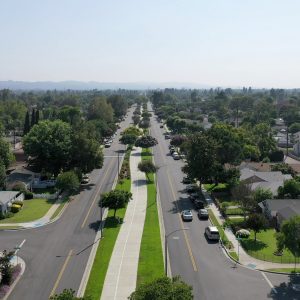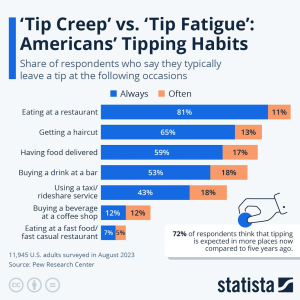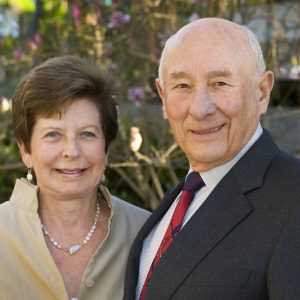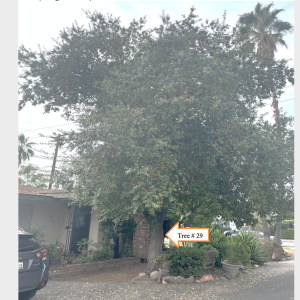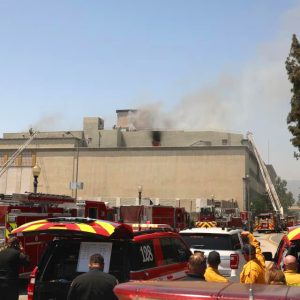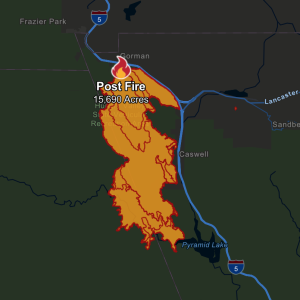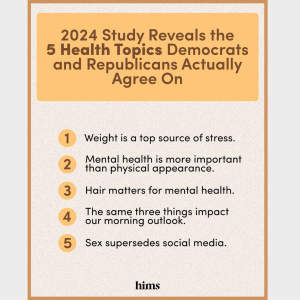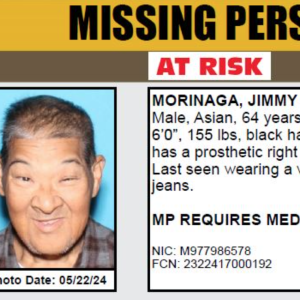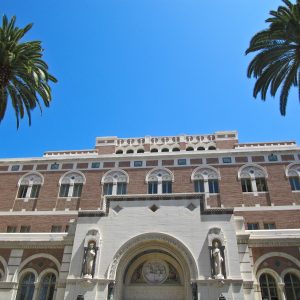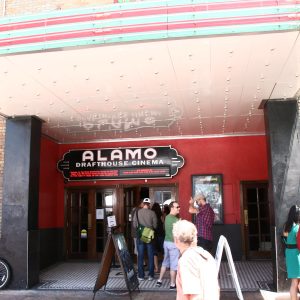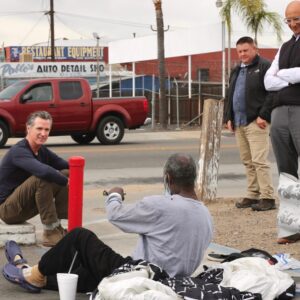 View Winners →
View Winners → 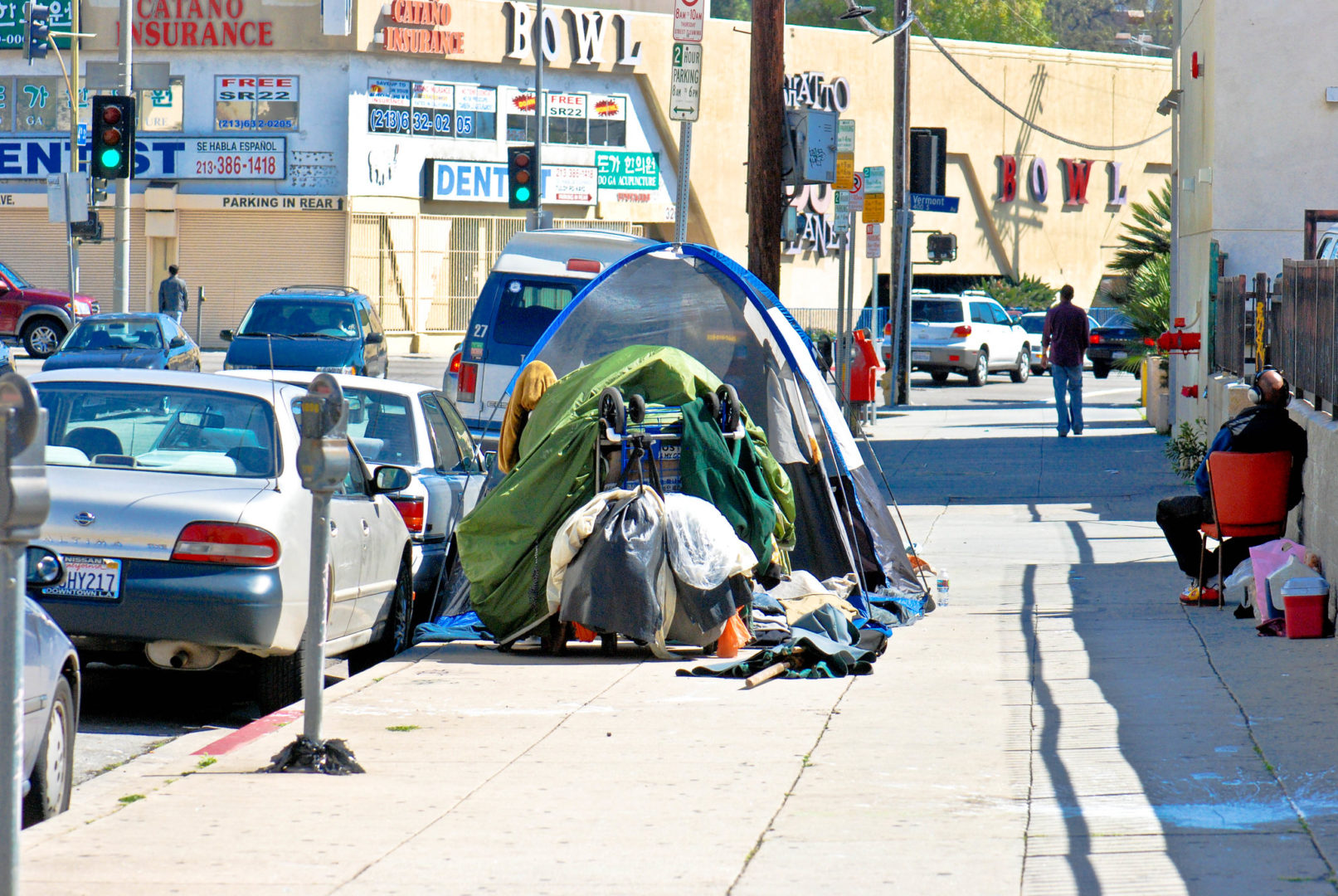
The Los Angeles City Clerk approved a petition for circulation Thursday for a measure, led by mayoral candidate Councilman Joe Buscaino, aimed at banning homeless encampments and increasing temporary emergency shelter in Los Angeles.
Under the “Safer Streets LA” proposal, salaries of elected officials who failed to meet those goals would be “deferred or forfeited.”
Organizers on Thursday were given the green light to collect the required 64,785 signatures to request the City Council pass an ordinance to accomplish the measure’s goals. If the petition receives enough signatures but the City Council does not adopt the ordinance, it will be presented to voters.
The ballot measure calls for an ordinance that would give the mayor sole authority to declare a local homelessness emergency. Under that emergency, the city would be required to offer housing to unsheltered people and could bypass zoning restrictions, environmental review and other requirements to do it.
The ordinance would also amend the city’s laws on where encampments are allowed, prohibiting people from sleeping in public if they have been offered shelter. People who store personal property in public would be subject to misdemeanor prosecution, according to the proposal’s language.
“We have an emergency situation playing out on our streets, and this ballot measure offers an all-of-the-above approach to addressing it,” Buscaino said in a January statement after the campaign for the ballot measure filed paperwork with the City Clerk
Buscaino began seeking a petition to get the measure on the ballot after the City Council rejected his motion to get a ballot measure banning encampments and prioritizing temporary shelter.
Several council members voiced their opposition to the idea before voting on Nov. 19.
Councilman Mike Bonin said he believes the ballot measure would be solely focused on the problem of the presence of homeless encampments, and not on actually solving the homelessness crisis.
“If we do this measure, if we make enforcement the imperative, if we make enforcement the thing that drives our decisions about what to provide, what type of housing to provide, what type of shelter to provide, it is a guarantee that Los Angeles will provide the lowest common denominator stuff in order to get to enforcement as quickly as possible … and that’s going to be wrong,” Bonin said.
Mayoral candidate and chair of the council’s Homelessness and Poverty Committee, Councilman Kevin de León, who was absent from that meeting, said in November that he thought a ballot measure would be the wrong approach.
“Since the City Council is actively moving forward policies to address homeless encampments through strategic outreach and housing for people in need, a ballot measure seems the wrong approach. The fact is that a ballot measure would be extremely costly to taxpayers and would likely result in a continuation of the litigation merry-go-round that’s kept the city from implementing real solutions,” he told City News Service in November.
While Buscaino’s ballot measure would look to temporary emergency shelters to reduce homelessness, a coalition of labor unions and organizations are working on a ballot measure to create a tax on multimillion-dollar property sales to fund solutions to homelessness, particularly permanent housing.
If that measure makes it to the ballot and is approved by a majority of voters, the measure would create a 4% tax on properties sold for more than $5 million, and a 5.5% tax on properties sold for more than $10 million.





